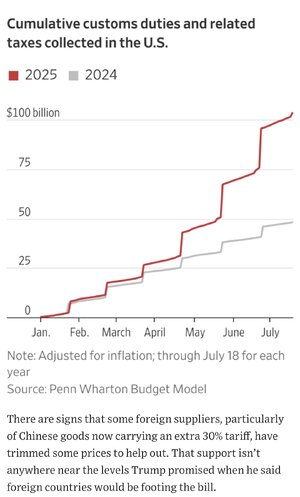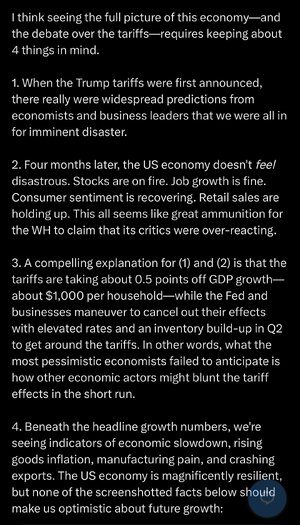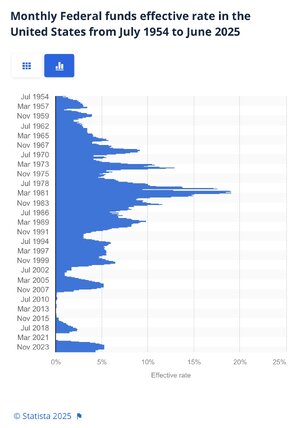- Messages
- 4,112
about that Japan trade deal which is the greatest ever... another day, another Trump lie
The US-Japan trade deal may already be under pressure, as reports on Friday suggest the two sides disagree on how to split profits from Japan's $550 billion investment into the US.
The US-Japan trade deal may already be under pressure, as reports on Friday suggest the two sides disagree on how to split profits from Japan's $550 billion investment into the US.





